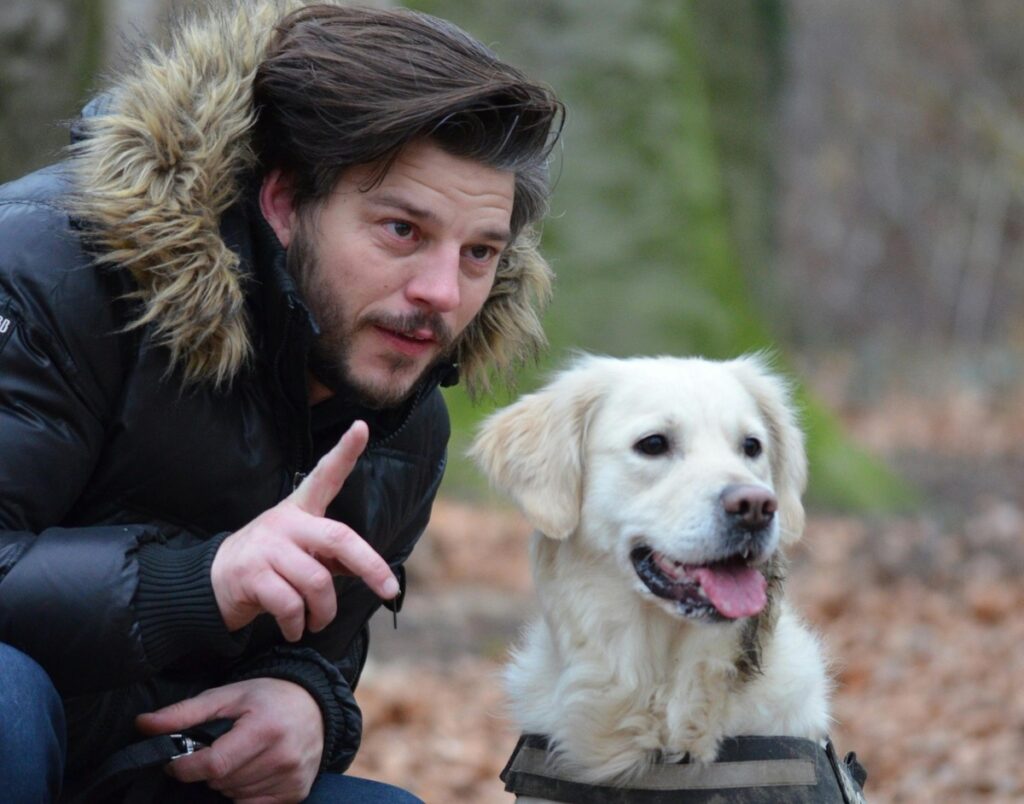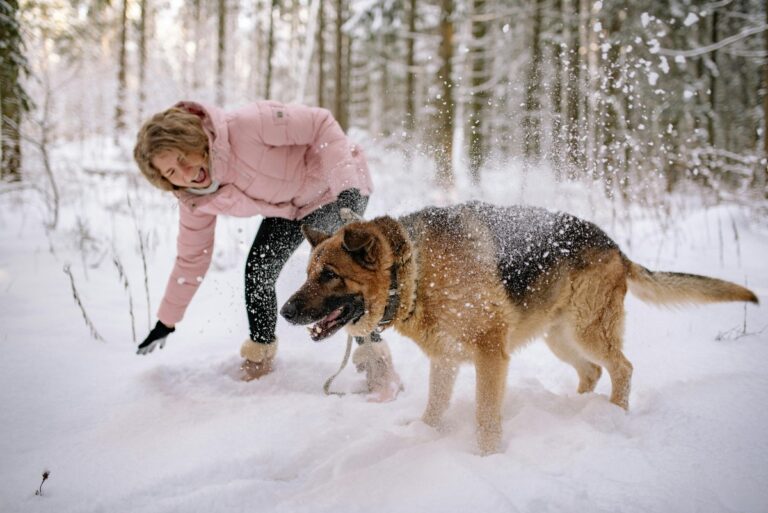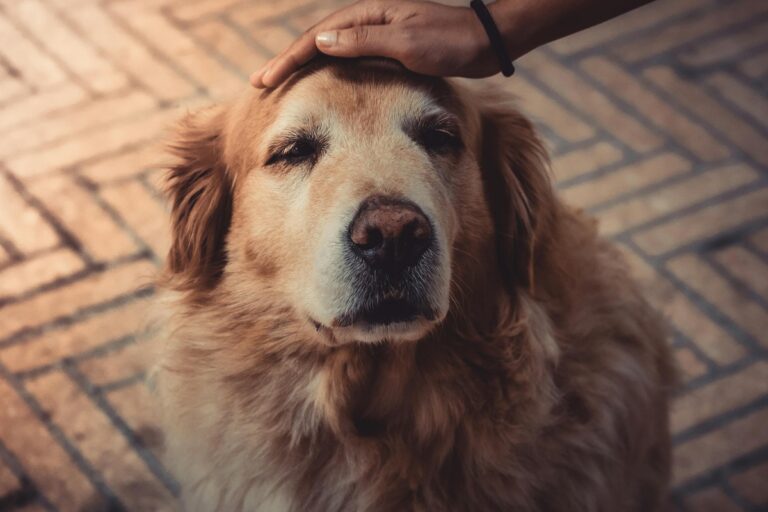12 Common Mistakes First-Time Dog Owners Make
Bringing home a dog is an exciting and rewarding experience, but first-time owners often underestimate the challenges that come with pet ownership. Dogs require time, patience, and consistency, and small mistakes early on can lead to behavioral issues, training struggles, and even health problems.
Many new owners unknowingly make common mistakes that can affect their dog’s well-being and their own experience as a pet parent. Here are 12 common mistakes first-time dog owners make—and how to avoid them.
1. Choosing the Wrong Breed

One of the biggest mistakes first-time dog owners make is choosing a breed that doesn’t match their lifestyle. Some breeds are high-energy working dogs that require constant activity, while others are low-maintenance lap dogs that prefer a relaxed environment.
Before adopting, research energy levels, grooming needs, and temperament to ensure you choose a dog that fits your daily routine. A mismatch between lifestyle and breed can lead to frustration for both the owner and the dog.
2. Skipping Obedience Training

Many new owners assume their dog will automatically understand commands or learn on their own, but training is essential for a well-behaved pet. Without proper training, dogs may develop bad habits like excessive barking, jumping, or leash pulling.
Start training early using positive reinforcement techniques, such as treats and praise. Even basic commands like sit, stay, and come can make a huge difference in your dog’s behavior and safety.
3. Not Socializing Their Dog

Dogs that aren’t properly socialized during their early months can become fearful or aggressive around people, other dogs, or new environments.
Expose your dog to different sights, sounds, and experiences in a positive way. Controlled introductions to other dogs, friendly strangers, and different environments can help them grow into a confident, well-adjusted pet.
4. Overfeeding and Underestimating Portion Sizes

Many first-time owners overfeed their dogs, either by giving too many treats or not measuring meals properly. This can lead to obesity, which increases the risk of joint problems, diabetes, and heart disease.
Follow portion guidelines based on your dog’s breed, size, and activity level. Treats should be no more than 10% of their daily calorie intake, and opt for healthy, low-calorie treats when rewarding good behavior.
5. Not Exercising Enough

Some first-time owners underestimate how much exercise their dog needs, leading to boredom, destructive behavior, and weight gain.
Dogs need both physical and mental stimulation. High-energy breeds, like Border Collies and Huskies, require long walks, playtime, and training activities to stay happy. Even small or low-energy dogs benefit from daily exercise to maintain good health.
6. Using Inconsistent Rules and Commands

If one family member allows the dog on the couch while another doesn’t, it creates confusion for the dog. Inconsistent rules lead to behavioral issues and training setbacks.
Establish clear household rules and ensure everyone in the family follows the same commands and expectations. Dogs thrive on routine and consistency, so staying firm on boundaries will prevent unwanted behaviors.
7. Ignoring Dental Care

Many new dog owners overlook dental hygiene, assuming their dog’s teeth will stay healthy on their own. However, plaque buildup and gum disease can lead to pain, infections, and expensive vet bills.
Brush your dog’s teeth several times a week using dog-friendly toothpaste, or provide dental chews and toys to promote oral health. Regular dental check-ups are also essential.
8. Leaving Their Dog Alone for Too Long

Dogs are social animals, and long hours of isolation can lead to separation anxiety, boredom, and destructive behavior.
If you work long hours, consider dog sitters, doggy daycare, or interactive toys to keep your dog engaged while you’re away. Making time for morning and evening walks, training, and bonding can help prevent anxiety-related behaviors.
9. Skipping Routine Vet Visits

Some first-time owners only take their dog to the vet when they’re sick, but preventative care is just as important.
Regular vet visits help catch health issues early, ensuring your dog stays in good shape. Vaccinations, flea/tick prevention, and wellness exams should be a part of your pet care routine.
10. Not Providing Enough Mental Stimulation

Dogs need mental engagement just as much as physical exercise. Without stimulation, they can develop boredom-related behaviors like excessive barking, chewing, or digging.
Puzzle toys, food-dispensing toys, obedience training, and interactive games help keep their minds active and prevent behavioral issues.
11. Failing to Recognize Stress Signals

Dogs communicate stress through subtle body language, but first-time owners may miss these signals. Signs of stress include yawning, lip licking, excessive panting, avoiding eye contact, and pacing.
Pay attention to your dog’s behavior in new situations. If they seem overwhelmed, remove them from the stressful environment and provide a calm, safe space.
12. Expecting Perfection Too Soon

Many new owners expect their dog to be perfectly trained and well-behaved within weeks, but training takes time. Some breeds learn quickly, while others require months of consistency.
Be patient, and celebrate small victories. Focus on reinforcing good behavior, and don’t get discouraged by setbacks. With time and dedication, your dog will become a wonderful companion.
How to Set Yourself Up for Success

Becoming a great dog owner starts with preparation, patience, and a commitment to learning. Choosing the right breed for your lifestyle is crucial, as a mismatch in energy levels or needs can lead to frustration for both you and your dog. Establishing a consistent routine, including scheduled feeding, potty breaks, exercise, and training, helps your dog feel secure and develop good habits.
Positive reinforcement training—rewarding good behavior with treats, praise, or play—encourages your dog to learn quickly while building a strong bond between you. Socialization is also key, exposing your pup to different environments, people, and animals early on to prevent fear-based behaviors. Regular vet checkups, a balanced diet, and mental stimulation keep your dog healthy and happy. By avoiding common mistakes and staying patient, you can create a loving, structured environment where your dog thrives and becomes a well-behaved companion for years to come.

Owning a dog is a wonderful experience, but it comes with responsibilities. Mistakes are part of learning, but with the right preparation and dedication, you and your new furry friend can build a strong and rewarding bond. With patience, consistency, and a little guidance, you’ll be well on your way to becoming a great dog owner!







